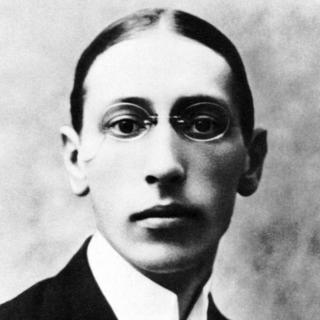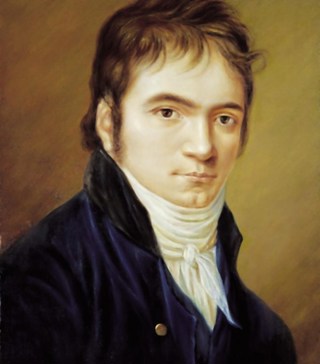
Beethoven Symphony No. 4
Beethoven often gets the reputation of being a composer of extreme seriousness, shaking his fist at the heavens while dealing with a litany of medical ailments and heartbreak, and there is some truth to that as well. But the 4th symphony, a very strange and mysterious introduction aside, is a piece of almost unadulterated joy. It is another side of Beethoven: bouncy, funny, silly, and quite simply, happy. How and why did he write such a happy symphony? How does music become "happy?" Join us to find out..
10 Touko 202153min
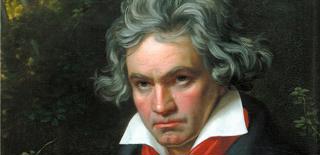
Beethoven Symphony No. 3, "Eroica"
Two of the most famous chords in classical music propel us into this revolutionary, wild, and remarkable symphony. At the time, the Eroica symphony was the longest symphony ever written. At the time it was definitely the loudest symphony ever written! It delved into emotions that symphonies had studiously avoided in the past. Simply put, it changed the musical world forever. So how and why did Beethoven conceive of such a huge work? Is the piece really all about Napoleon? Join us to learn the story...
6 Touko 20211h 8min
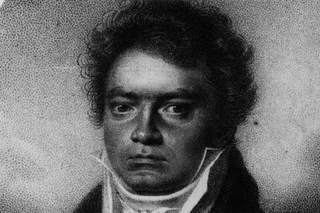
Beethoven Symphony No. 2
We continue the Beethoven cycle this week with his underrated 2nd symphony. Written at the height of Beethoven's despair over his increasing deafness, you might think that the symphony would be a dark and stormy one, but instead Beethoven writes one of his most relentlessly cheerful pieces. He even invented a whole new type of movement called a scherzo (joke) to heighten the mood. How do we account for this incongruity between life and art? We'll talk about all this and more as the journey continues..
3 Touko 202148min
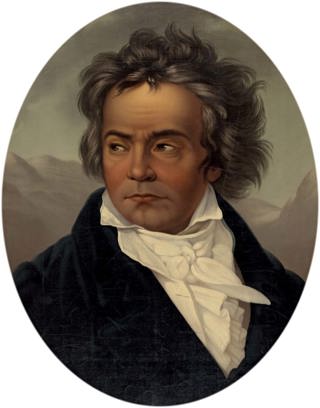
Beethoven Symphony No. 1
Today begins a pretty massive project for Sticky Notes - a complete Beethoven cycle over the next few weeks! We start of course with Beethoven's 1st symphony. Some people tend to think of Beethoven's 1st as a cautious foray into the symphonic world, but I couldn't disagree more. It is a bold, confident leap into the genre, a genre that Beethoven would end up changing for good. All of the elements that make Beethoven's symphonies so fantastic are already present in this symphony, so let's begin the journey!
29 Huhti 202146min
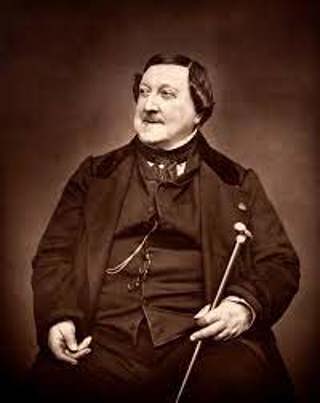
Overtures, Overtures, Overtures!
Imagine compressing a 3 or 4 hour opera into 8 minutes of music. You've just imagined an overture! Overtures are an integral and beloved part of the opera and concert experience, and the best overtures live on as separate pieces from the work they are attached to. These overtures feature music so wonderful that they become immortal miniature masterpieces. So today I'll take you through 10 of my favorite overtures, from William Tell, to Don Giovanni, to Candide, to Romeo and Juliet, and many more. Enjoy!
22 Huhti 20211h 9min

Bach Cello Suites
Bach's Cello Suites are now an indispensable part of the cello repertoire, but this wasn't always the case. After Bach's death, they were forgotten. But starting in the 1890s, a cellist named Pablo Casals began playing the Suites, and the rest is history. Bach left very few clues on how to play these suites, and so many cellists interpret the Suites extraordinarily differently. Today we're going to take a look at 6 cellists and talk about how they interpret these enigmatic, sacred, and inspiring pieces.
15 Huhti 202150min
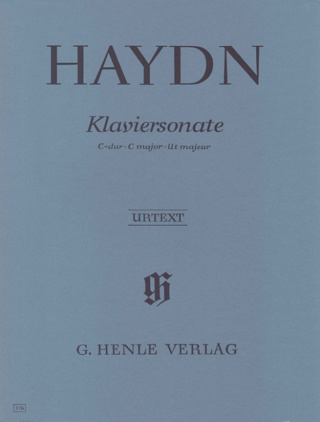
Haydn & Henle w/ Stephen Hough and Norbert Müllemann
Have you ever wondered how music gets from the manuscript to the printed page? Today we're talking about Haydn, and a project by Henle Publishers to reissue all 55 of Haydn's piano sonatas with fingerings from 55 different pianists! I talked with the editor in chief at Henle, Norbert Müllemann, and also the brilliant pianist Stephen Hough, one of the 55 pianists chosen for this project. We talked about editing, putting fingerings in, and how interpretation is affected by these decisions. This is a fun one!
8 Huhti 202139min
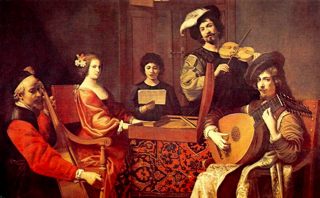
Baroque Music in 60 Minutes
Bach, Handel, Vivaldi, Purcell, Monteverdi. These are some of the biggest names in the history of Western Classical Music, and they were all writing in one of the most innovative periods in musical history - the Baroque Era. Spanning from ca.1600 to ca. 1750, Baroque music is truly the bedrock of the Western Classical Music tradition all the way through the Romantic Era. We'll discuss the earth-shattering impact of this, along with all of the composers who led the way to a new way of thinking about music.
1 Huhti 202158min
